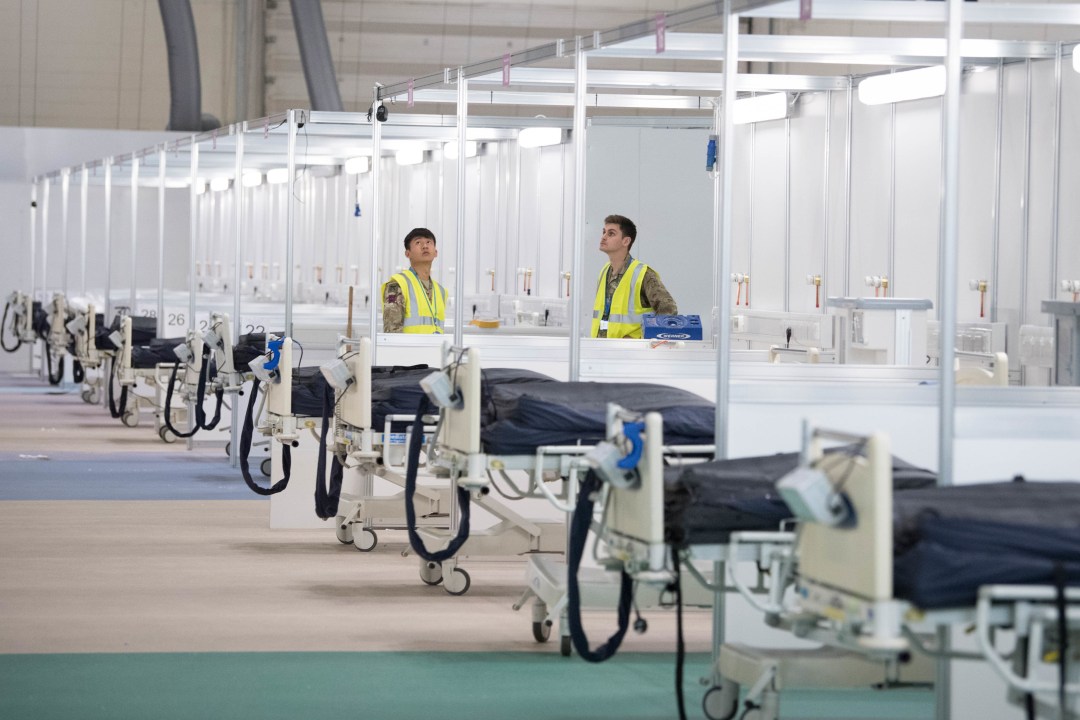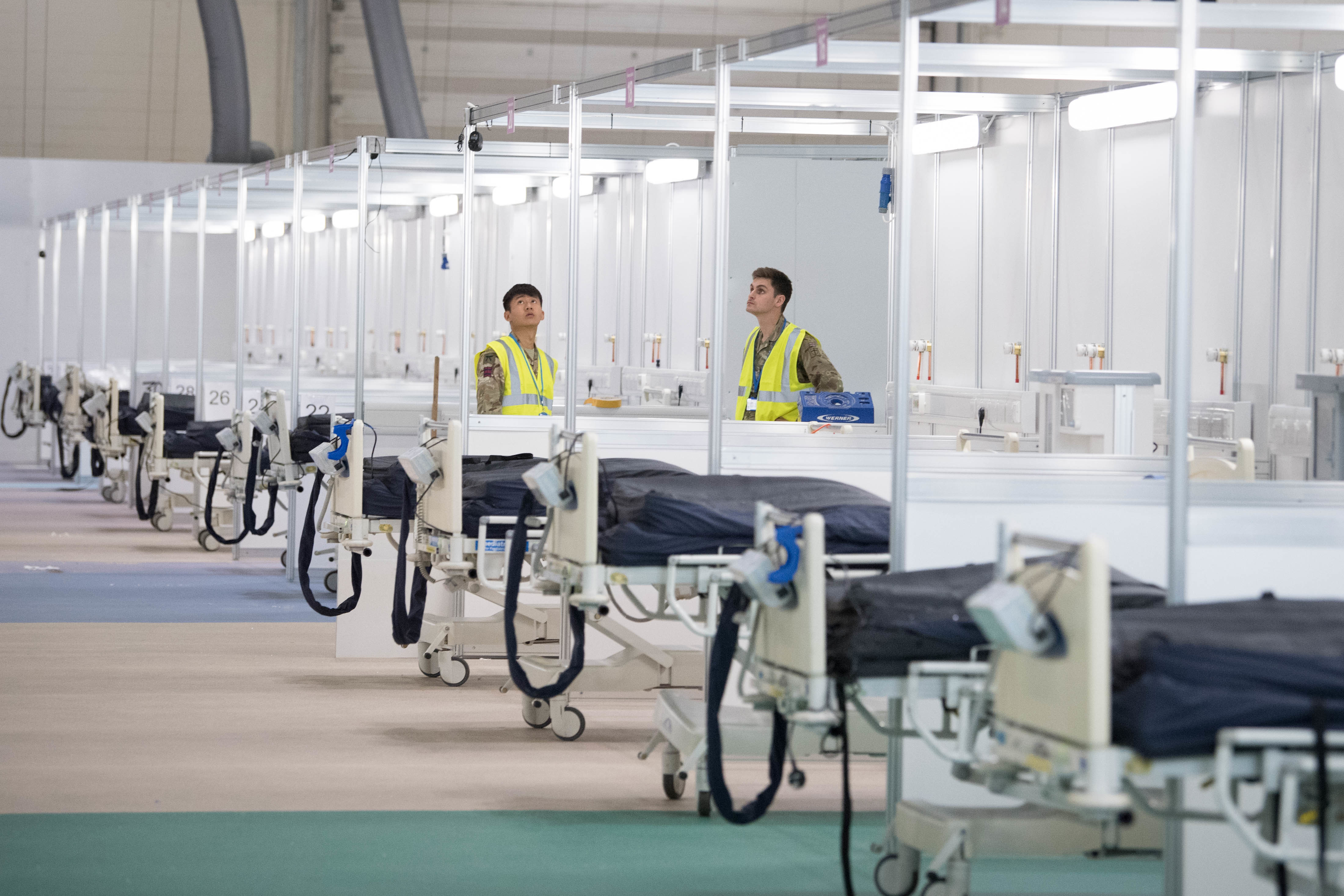The argument is now the wrong way around, Chris Whitty told MPs on Wednesday, among those critics of the first lockdown who argue that it resulted in fewer people accessing medical treatment, fewer diagnoses and more deaths from non-Covid causes. If hospitals are stuffed with Covid patients, the chief medical officer asserted, then they do not have the capacity to treat other patients. Control Covid using restrictions, on the other hand, and hospitals can retain their capacity to treat patients for other conditions.
The gap in health between rich and poor is only likely to widen
Whitty’s reasoning is perfectly logical, except that it doesn’t quite reflect what happened in the spring. A study by the Institute for Fiscal Studies (IFS), reveals just how many people missed out on treatment during the first wave of Covid-19. Between February and May, according to the IFS, 3.6 million patients over the age of 50 had hospital treatment cancelled. Much of that may be understandable — it was prudent to cancel routine and minor operations until it became clear how bad the wave of Covid hospitalisations would be. But the restrictions on hospital capacity do not explain why so many people failed to see a GP during this period.
According to the IFS, 10.2 per cent of people who thought they needed to see a GP found it impossible to get an appointment. A further 13.7 per cent did not attempt to see a GP, even though they felt that they needed to see one — they were dissuaded either by claims that the NHS was overloaded, the appeal to stay at home and protect the NHS or by fears of catching the virus if they visited a surgery. Put together, nearly a quarter of people who wanted a GP appointment failed to see one. Many of them, no doubt, had trivial complaints that would have cleared up anyway, but among them will have been people in the early stages of cancer, whose survival prospects have now been compromised, or who were suffering serious other conditions.
Worryingly, the numbers of people who had treatments cancelled, or who found themselves unable to get a GP appointment, were more likely to be poor, and more likely to be suffering from long-term health problems. The gap in health between rich and poor is only likely to widen.
Whitty asserted on Wednesday that people who died of non-Covid causes as a result of being unable to access healthcare should all go down as victims of the pandemic, not as victims of the lockdown. The IFS study suggests a different conclusion: access to NHS services declined in ways that cannot be wholly explained by the fact that large numbers of hospital beds were occupied by Covid patients.








Comments